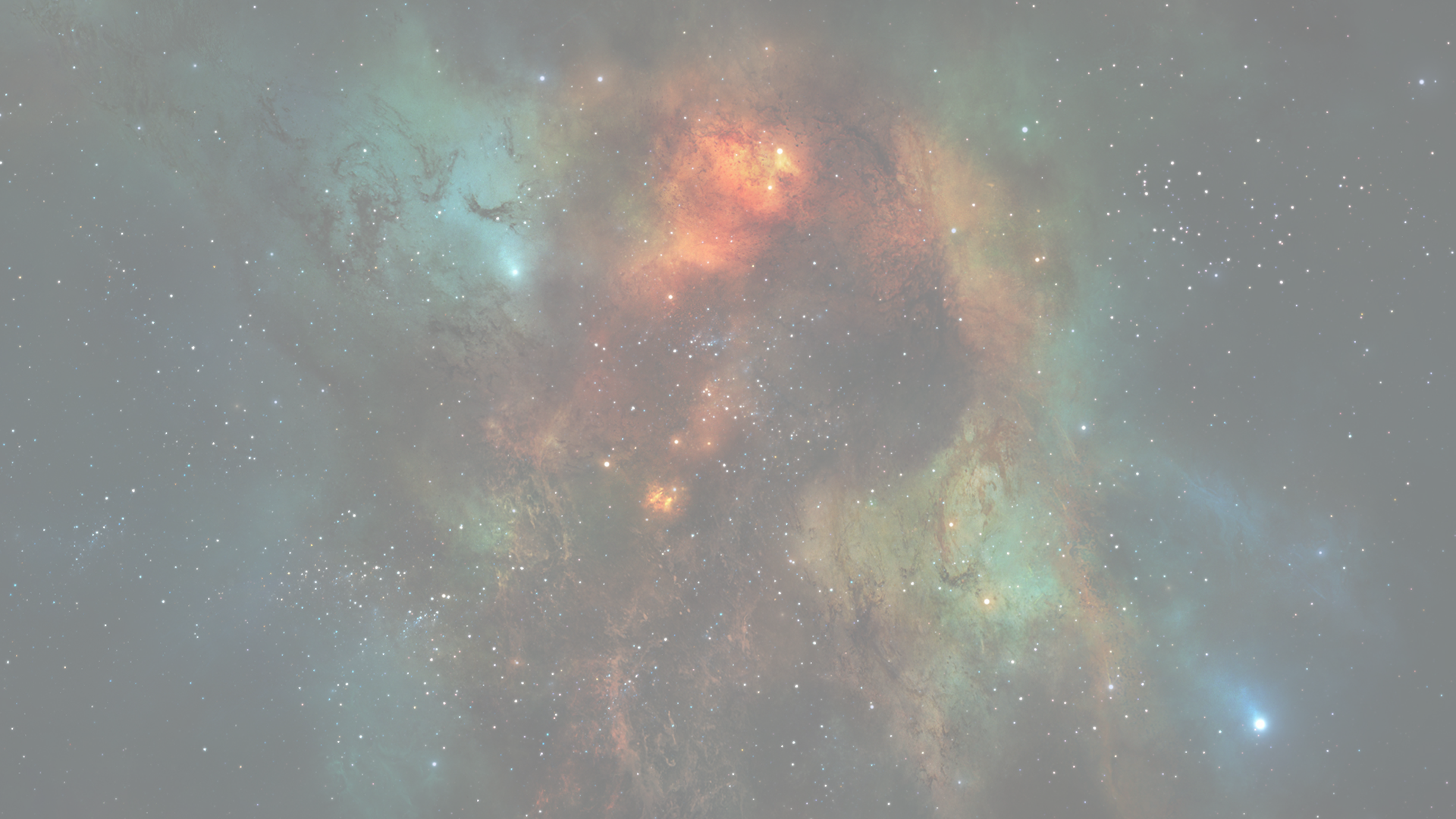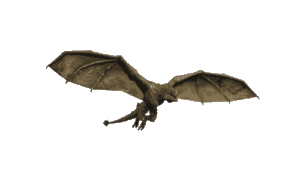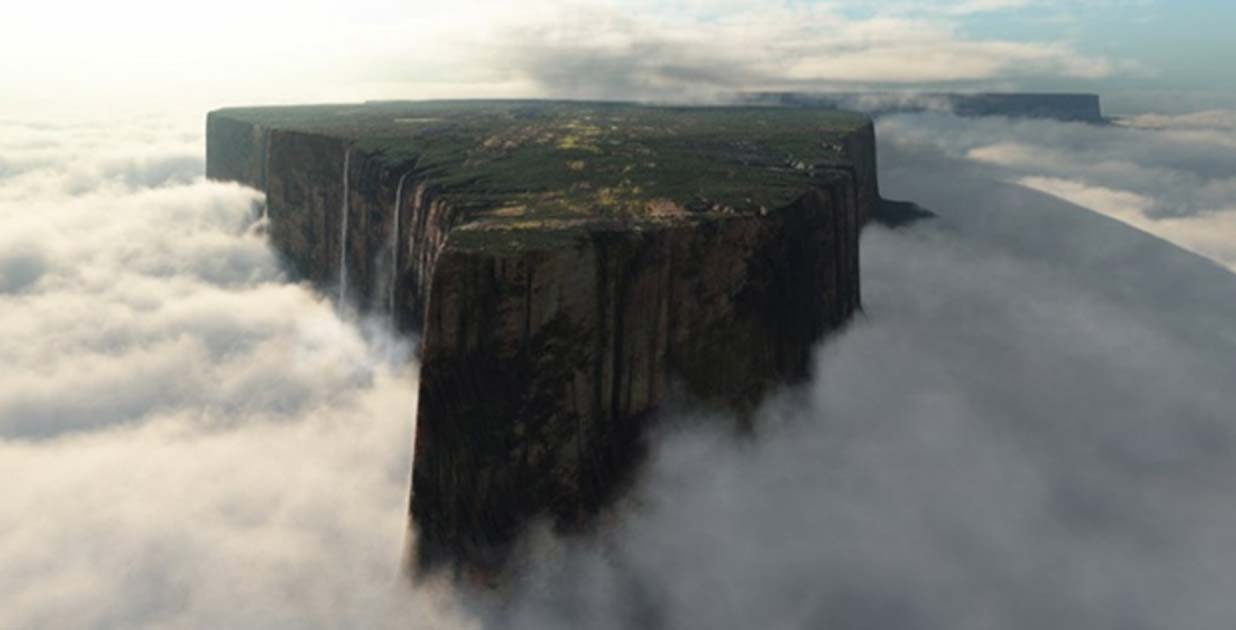
Tepui, the name the Pemon give to these mountains, literally means "house of the spirits" or "house of the gods".
Auyan-tepui, or Aiyan-tepuy, from which Angel Falls cascades 979m into the record books, means "Devil Mountain", according to Father Cesareo Armellada's "Diccionario Pemon".
Parekupa-meru, the Pemon name for Angel Falls, comes from the Pemon words kupa meaning "deep water", pare meaning "more", and meru meaning "waterfall". Together they could be translated as "waterfall of very deep water".
Kerepakupai meru is another Pemon name for the falls, recorded more recently, which translates from Pemon as "waterfall of the deepest place".
Roraima is the highest of the tepui's and the most easily climbed. Its name comes from two Pemon words: roroi meaning "blue-green" and ma meaning "great" or "powerful". The pemon also refer to Roraima as "The Mother of all Waters", because it feeds into three major river systems: The Orinoco in Venezuela, the Essequibo in Guyana and the Amazon River in Brazil.
Kukenan, the mountain next to Roraima, is better known to the Pemon as Matawi-tepui, meaning the "the house of the dead". The Pemon believe that the spirits of the dead reside there. The name Kukenan refers to the river which flows from the summit.
Wei-tepui comes from Wei, the Pemon sun god.
From the beach at Canaima camp the three tepuis you can see, from left to right are Nonoy-tepui, meaning "Buzzard Mountain", Kuravaina-tepui, meaning "Deer Mountain", and Topochi-tepui,meaning "Blowpipe Mountain".
For the Pemon, the world falls into two camps. The world of the Kamarakoto, the Arekuna and the Taurepan - as the different Pemon groups are known - and that of the Te-pon-kén, the foreigners, the outsiders, the Creoles and tourists who visit their land.
By Russell Maddicks
Pemon Myth 1: The Legend of Makunaima
Pemon Myth 2: The Tree of Life
Pemon Myth 3: The Great Flood and the Creation of Roraima
Canaima: Pemon Spirit of Death
Video of Angel Falls
Return to Venezuelan Indian main page



